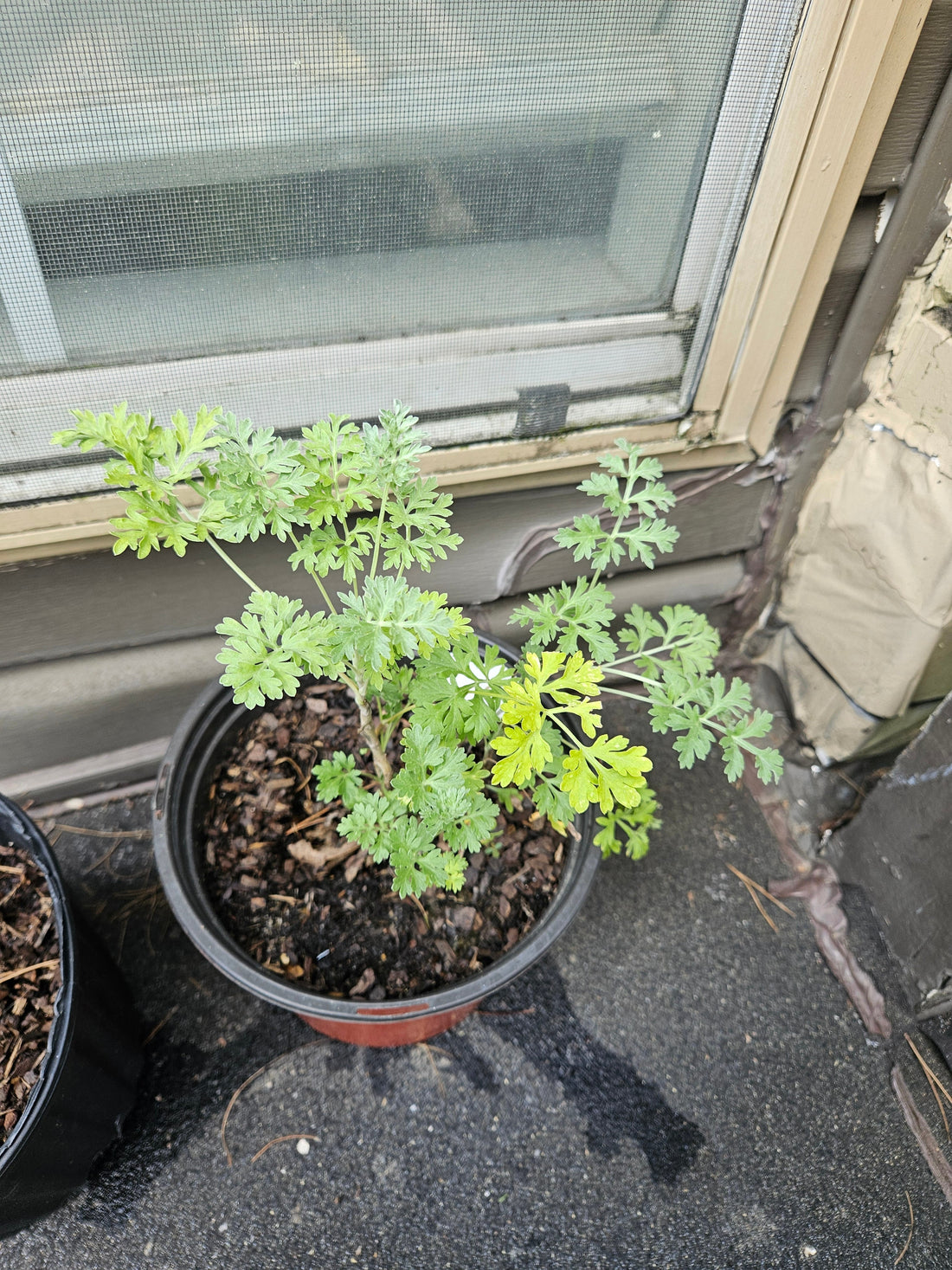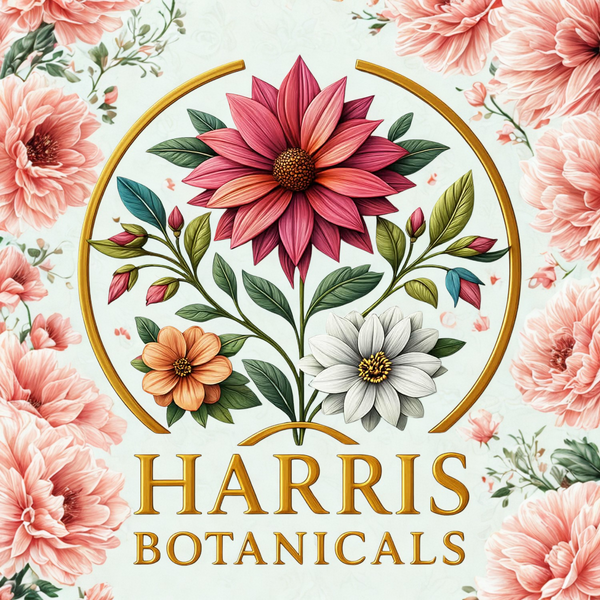
🍃 Wormwood: A Bold Herb with a Bitter Edge
Wormwood: A Bold Herb with a Bitter Edge
When it comes to powerful herbs, wormwood (Artemisia absinthium) has always held a special place in herbal traditions. With its silvery-green leaves, distinct aroma, and unmistakably bitter taste, wormwood has been used for centuries in teas, tinctures, and tonics across Europe, Asia, and beyond.
A Glimpse Into Wormwood’s History
Wormwood’s story goes back thousands of years. It was a well-known herb in ancient Egypt, Greece, and Rome, often praised for its bold, earthy flavor and its role in traditional practices. Many cultures relied on wormwood as part of their seasonal cleansing rituals, making it one of the most recognized bitter herbs in history.
What Makes Wormwood Unique?
Bitter Powerhouse – Wormwood is rich in compounds that give it its sharp, bitter flavor. Traditionally, bitters have been valued for their invigorating qualities.
An Aromatic Herb – With its strong fragrance and taste, wormwood stands out among other herbs.
Versatile Use – Historically, it has been prepared as teas, tinctures, and extracts, often blended with other herbs to balance its intensity.
Why People Still Love Wormwood
Even today, wormwood remains popular among herbal enthusiasts who appreciate its boldness and strength. It often appears in modern herbal blends designed to support balance and encourage wellness routines rooted in tradition.
A Note on Bitters
If you’ve ever tried wormwood, you know—it’s bitter! But that bitterness is exactly what has kept this herb valued for generations. Many people find that bitter herbs add depth and complexity when incorporated into their wellness rituals.
✨ At Harris Botanicals, we embrace herbs like wormwood for their long-standing place in traditional herbalism. Whether blended into a formula or featured on its own, wormwood is a herb that demands respect and delivers a truly bold experience.
